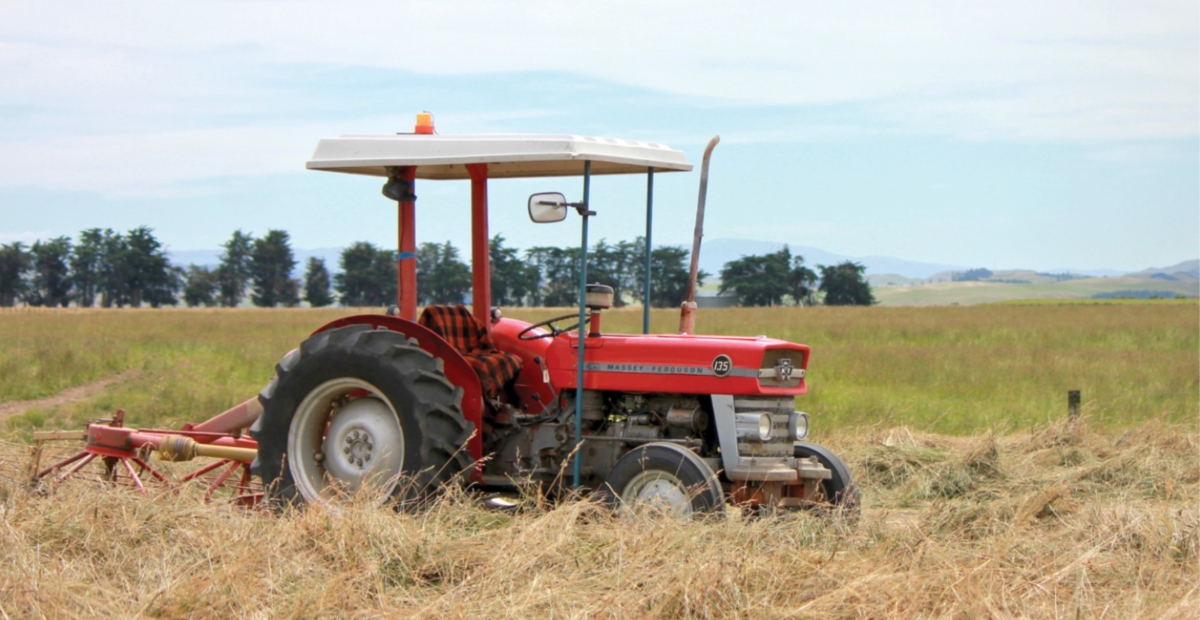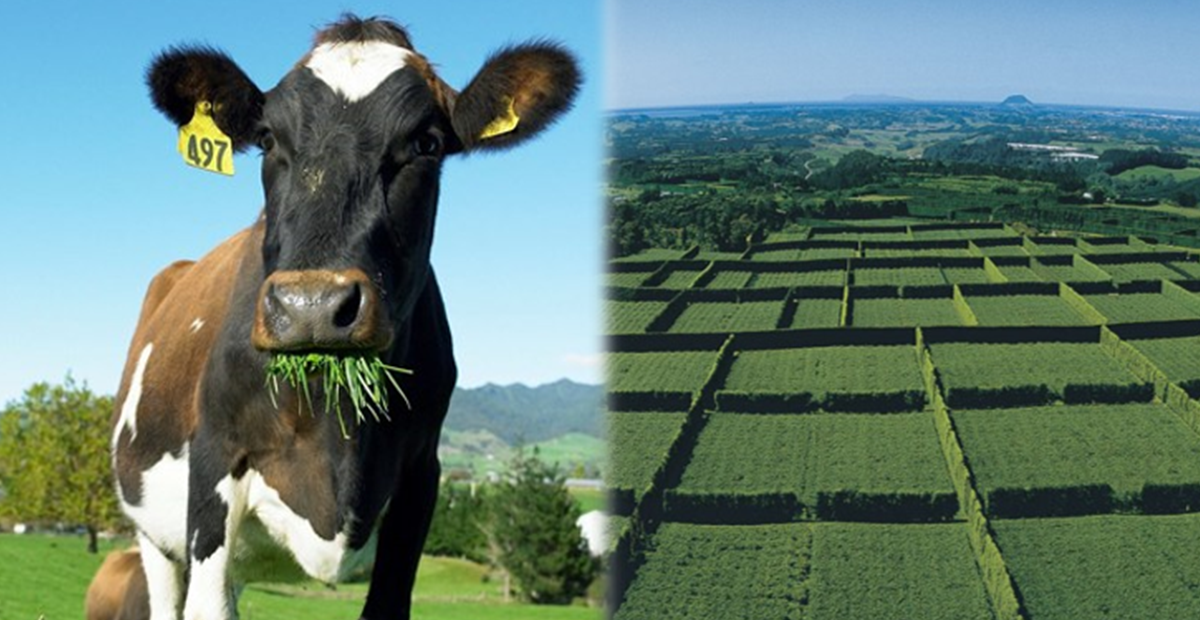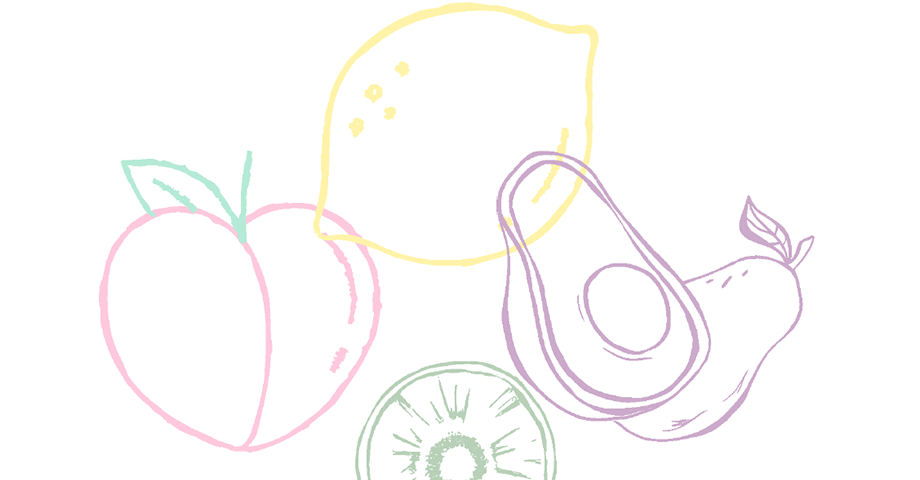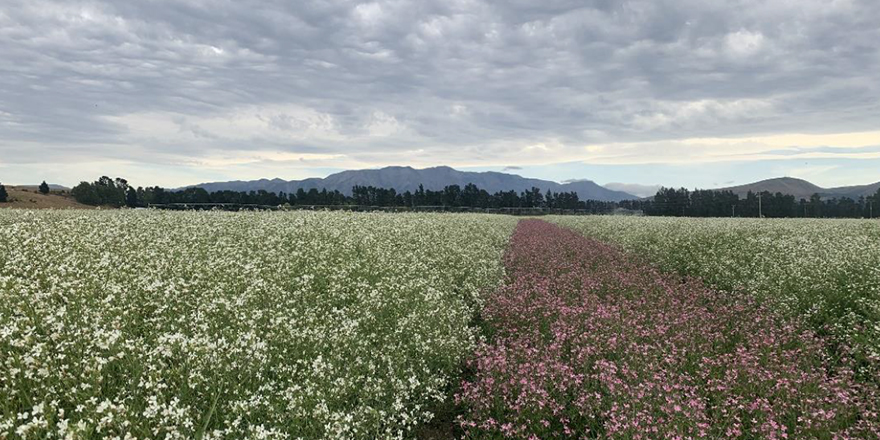
Executive summary
Sheep and beef farmer sentiment is profoundly negative, impacting how farmers view the world around them, how they respond to change and their mental health. The decline in farmer sentiment has coincided with a perceived increase in the competition for sentiment from industry representatives, lobby groups and advocates and has important ramifications for future industry cohesion.
This research project seeks to explore if industry leaders, representatives and lobby groups are further reinforcing and exacerbating negative sentiment by the way they are communicating with farmers and the potential future consequences of their approach.
This project first researched trends in farmer sentiment including the underlying drivers of sentiment, then sought to understand how and why industry leaders are communicating with farmers, including the use of social media. Finally, the project looks at future consequences arising from how industry organisations are competing for farmer sentiment and makes recommendations for industry leaders to consider when communicating with and attempting to influence farmers.
The methodology comprises a literature review; investigative interviews to uncover and discuss research on this topic; 16 semi-structured interviews with industry leaders, industry organisations and rural media; and an analysis of media releases and social media posts from industry organisations to understand the focus, content and engagement of their communications.
Key findings
Negative farmer sentiment is manifesting as decreased trust in government and industry representatives, increased fear and anxiety, and uncertainty for the future. Farmers feel threatened and consider they are not valued, understood, or listened to.
While industry organisations are not consciously competing, part of their approach is to use media and social media to underscore to farmers that they are being heard and supported, ensuring relevancy, attribution and ongoing financial support. This is resulting in the use of emotional language, topics and targeted campaigns that permeate fear and anxiety among farmers.
The methods and media channels used by industry organisations to influence farmers’ perceptions are conceivably exacerbating negative sentiment and distrust of these industry organisations, risking becoming counterproductive to their original objectives.
Moreover, this strategy could result in damaging consequences for the farming sector such as polarisation, cohesiveness, perception and social licence to operate.
Industry organisations are using social media platforms to connect to farmers, however, these platforms are designed to promote high levels of engagement, often through reinforcing divisiveness and polarisation. By using social media as an effective method to reach widespread audiences and contributing to messages of fear, uncertainty and anxiety for the future, industry organisations may unwittingly be creating an environment where disinformation and polarisation thrive.
Recommendations
Recommendations for industry leaders and organisations to consider when communicating with farmers to prevent further exacerbating negative sentiment and potential unintended consequences include:
• Consider the potential impact of communication on farmer sentiment.
• Model best behaviour.
• Create a safe space for industry discussion and debate.
• Develop communication strategies that bring farmers on the journey.
• Raise industry awareness of the presence and impact of mis- and disinformation.
Download and read the full report here:




